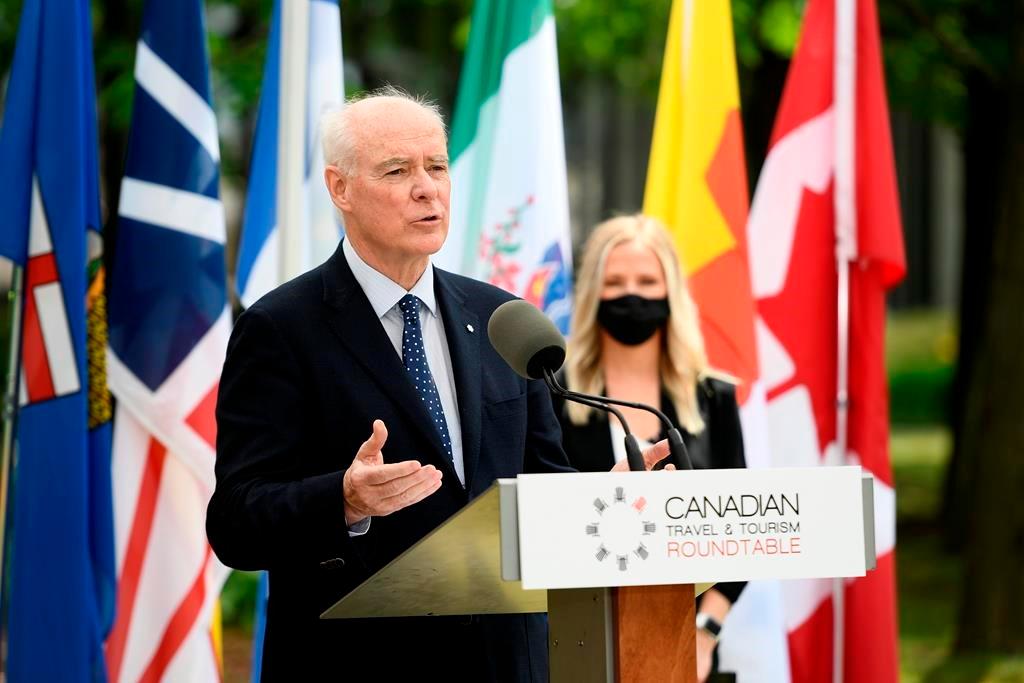Perrin Beatty, a former Conservative defence minister who helped draft the Emergencies Act in the 1980s, told Deputy Prime Minister Chrystia Freeland in February text messages that he was worried about possible “long term issues” that might follow the federal government’s use of the emergency powers.
“I certainly hope that we'll see an early, non-violent end to the blockades although I am worried, as I know you are,” Beatty wrote to Freeland on Feb. 22, eight days after the federal government invoked the Emergencies Act. The act was revoked on Feb. 23.





